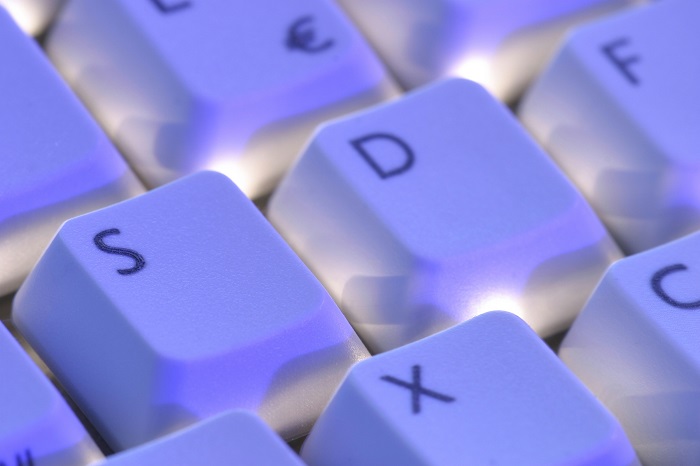Digital information

|
In very broad terms, 'digital' refers to signals or data that are expressed by the digits 0 and 1.
Digital information generally comprises data that is created by, or prepared for, electronic systems and devices such as computers, screens, calculators, communication devies and so on, and can be stored on those devices or in the Cloud. The beginning of the 21st century saw electronic digital become the most popular method of storing, reading, copying, editing and moving data.
Digital data is data recorded in binary numeric form comprising ones and zeros (1, 0, also called 'bits') in various sequences to represent words and images. In this fashion, it is possible to create and store huge amounts of data.
Analog data contrasts markedly with digital data. Analog data can be represented in a physical way and so includes errors and ‘noise’ (eg sound generated by a stylus on a vinyl record or a tape head on non-digital cassette tapes). Digital data is generally error-free which allows it to be copied repeatedly and almost indefinitely with almost no errors. When an error does occur, it is usually because of ‘substitution’, where a rogue symbol has replaced an existing one.
A further benefit of digital is that it can be compressed from huge sizes down to more manageable packages. This allows large amounts of data to be transmitted with relative ease, and subsequently decompressed at the point of use.
It should be noted that digital systems are not just associated with the modern electronic era but have been around for centuries in various forms. Examples cited by Wikipedia include:
- The abacus (1,000BC – 500BC), where individual beads can be thought of as binary units that can be manipulated to achieve an end result.
- A beacon, which has just two states – on and off.
- Morse code – which uses six digital states including dot, dash and gaps of various lengths.
[edit] Related articles on Designing Buildings Wiki
- A vision for digital highways.
- BIM.
- BIM articles.
- Centre for Digital Built Britain.
- Digital.
- Digital Built Britain v BIM.
- Digital Construction Week 2021.
- Digital technology.
- Digital quality management in construction.
- Digitisation.
- Golden Thread report published by CIOB and i3PT.
- How to make the digital revolution a success.
- Immersive Hybrid Reality IHR.
- Information for the buildings of tomorrow.
- Internet of things.
- Internet of things in commercial buildings.
- Interview with Su Butcher, Director, Just Practising Limited.
- Smart contracts.
- There's no BIM like home.
- UK digital strategy.
BIM Directory
[edit] Building Information Modelling (BIM)
[edit] Information Requirements
Employer's Information Requirements (EIR)
Organisational Information Requirements (OIR)
Asset Information Requirements (AIR)
[edit] Information Models
Project Information Model (PIM)
[edit] Collaborative Practices
Industry Foundation Classes (IFC)






